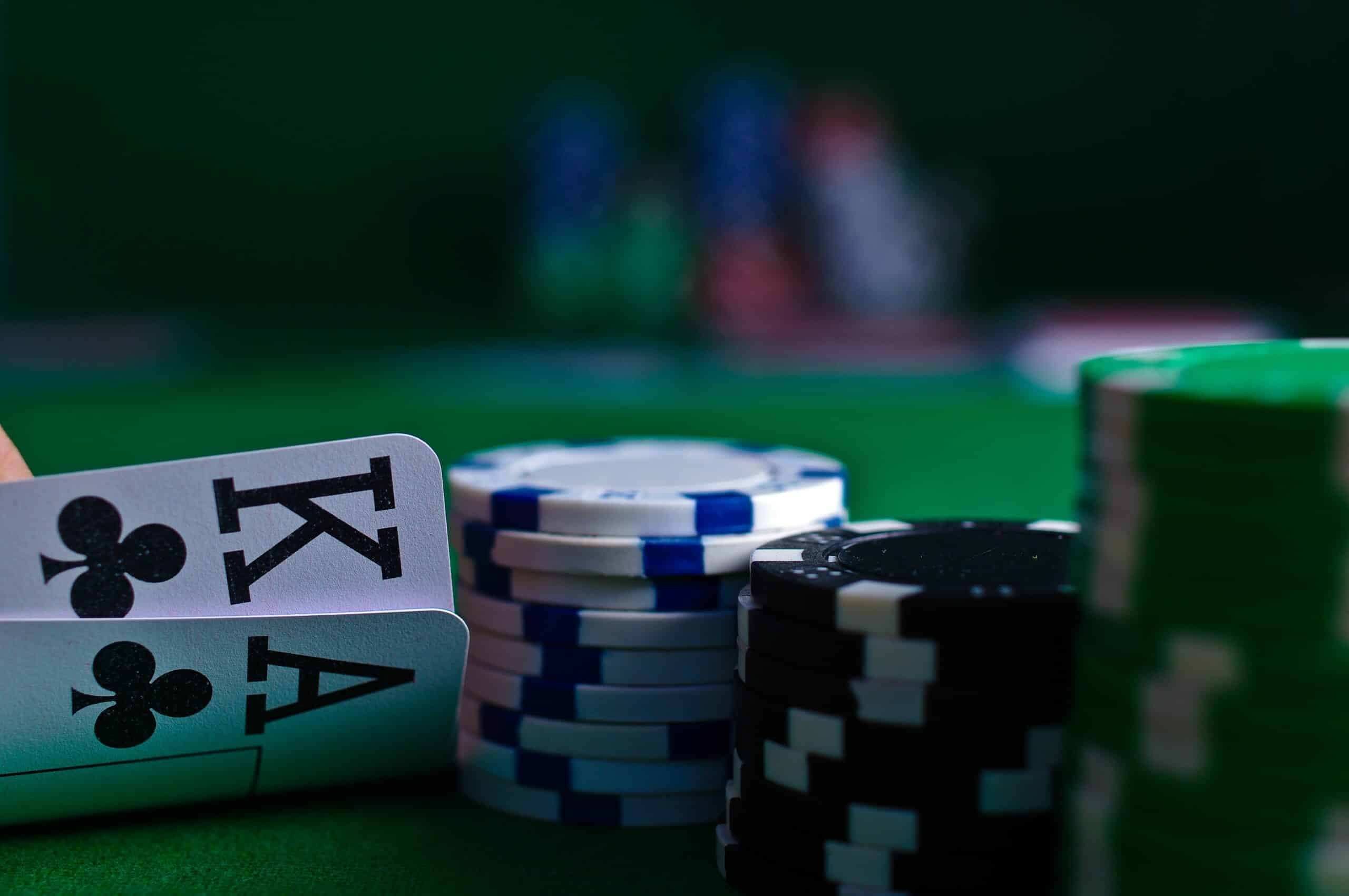
In the world of gambling, in which chance and strategy meet, a unique tapestry of beliefs emerges—one that intertwines luck, fate, and the enigmatic nature of casino games. Casinos, bustling with excitement and anticipation, are not just places for placing bets; they are also arenas in which superstitions thrive. Ranging from the novice player to the seasoned gambler, these mysterious practices often shape how individuals approach the games they play, believing that their actions can impact the outcome in ways that go beyond mere probability.
As players gather around roulette wheels, blackjack tables, and slot machines, the atmosphere is thick with stories of lucky charms, rituals, and codified behavior that defy logic yet provide a sense of comfort. It could be the case that it’s wearing a specific outfit, following a particular sequence of bets, or even avoiding certain numbers, the attachment to various superstitions reflects a deep-rooted desire to control the uncontrollable. This article delves into the captivating world of casino game superstitions, exploring the beliefs that both entertain and mystify those who dare to play.
Historical Roots of Superstitions
Betting activities have long been interwoven with an array of superstitions that go back to ancient societies. The roots of these beliefs can be linked to humanity’s intrinsic desire to control the unpredictable outcomes related with fortune and randomness. In early civilizations, activities of uncertainty were often connected to ritualistic practices. Gamblers would call upon blessings or ask for favor from spirits, believing that their actions could influence the results in their favor. This basis laid the foundation for the variety of superstitions that developed as betting evolved over ages.
During the medieval period, betting became a popular pastime across the continent, and with it, a rich tapestry of superstitions emerged. Players adopted numerous rituals and charms, believing they could change the outcome of games. The significance of numbers, in particular, began to show in superstitions related to card games and dice. The number 7 was often considered favorable, while other numbers carried bad connotations. These notions mirrored the societal contexts of the time, evolving as they passed through generations and adapted to different gaming environments.
As casinos emerged in the 17th century, particularly in Italy and France, the atmosphere surrounding betting became steeped in enigma. The growing availability of gambling games allowed for the spread and variation of superstitions among players. Concepts like lucky charms, designated seating locations, and rituals gained prominence, creating a special culture within betting houses. As these customs continued to thrive, they became integral to the essence of casino games, illustrating how the past and society shape the convictions that influence how players engage with luck.
Widespread Casino Myths
Beliefs surrounding casino games are plentiful and diverse, reflecting the hopes and anxieties of players as they engage in random games. One of the most prevalent views is that certain numbers bring luck or bad luck. For example, the digit seven is often seen as a favorable digit, frequently sought after by players looking for a positive result. Conversely, the number thirteen is routinely considered cursed, leading many players to steer clear of it during their gambling sessions.
Another frequent superstition relates to practices that players believe can affect their odds. Whether blowing on the dice before a throw, using a particular gesture to place a wager, or even wearing specific items of clothing, many people feel that these actions can sway luck in their favor. Trang chủ jun88 These practices offer a feeling of control in an otherwise random environment, strengthening the idea that fortune can be manufactured through individual beliefs and habits.
Lastly, the ambiance and atmosphere of the casino itself adds to superstition. Many players suggest that the presence of certain symbols, such as four-leaved clovers or fortunate tokens, can enhance their odds of winning. Additionally, gamblers might hold to the notion that winning streaks can be interrupted by mundane occurrences, such as someone walking past or a accident at the table. The collective atmosphere in a gambling house can amplify these beliefs, creating a shared culture of superstitions that transcends individual encounters.
Impact of Superstitions on Players
Beliefs play a crucial role in the psychology of casino players, often influencing their actions and decision-making. A lot of gamblers believe that luck can be manipulated through different rituals, such as wearing a lucky charm, selecting specific colors, or avoiding certain numbers. This dependence on superstitions can create a feeling of authority in an environment that is intrinsically unpredictable. Players often feel more confident and engaged when they think that their actions could sway the outcome of a game in their advantage.
The impact of these superstitions extends beyond singular players, affecting the general atmosphere inside the casino. For example, a player who holds the belief in the luck of a particular slot machine might attract a gathering, as others are intrigued by their apparent success. This collective belief can amplify excitement and create a lively environment, leading to an engaging experience even for those who may not necessarily be superstitious. The excitement around specific games can lead to higher participation and longer playing sessions, supporting the casino’s vibrant social scene.
In some instances, superstitions can lead to negative effects for players. Relying too much on rituals can result in bad gambling decisions, as some may overlook basic strategies in favor of unfounded beliefs. Additionally, the pressure to perform rituals may increase anxiety and tension, diminishing from the enjoyment of the experience. Ultimately, while superstitions can enhance the excitement of playing casino games, they can also lead to foolish choices that overshadow the enjoyment and entertainment intended in the casino experience.
